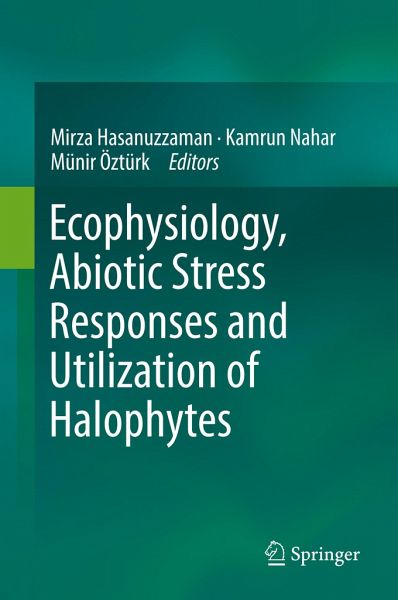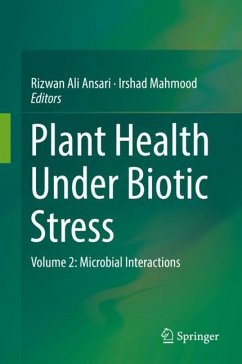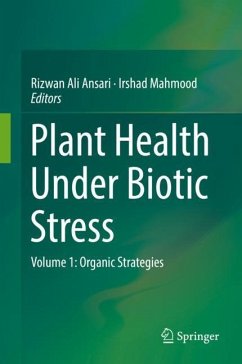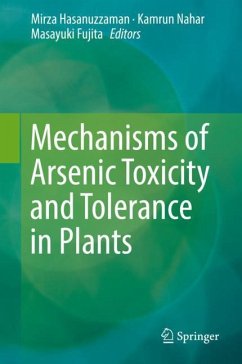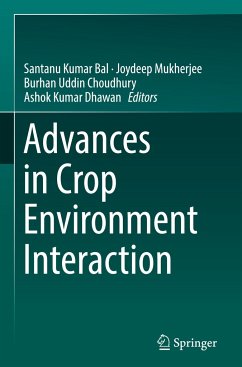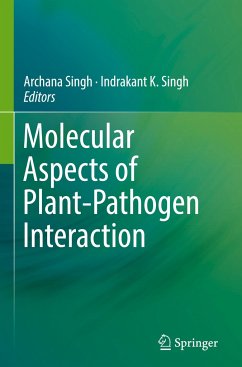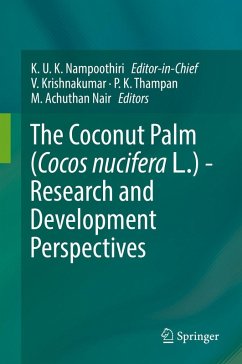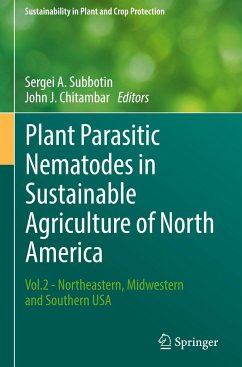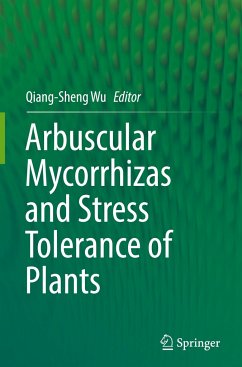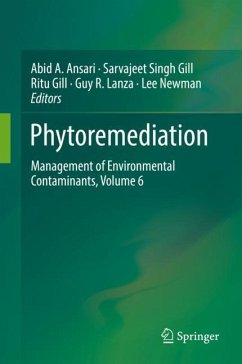Dr. Mirza Hasanuzzaman is a Professor of Agronomy at Sher-e-Bangla Agricultural University in Dhaka, Bangladesh. He completed his Ph.D. on 'Plant Stress Physiology and Antioxidant Metabolism' at Ehime University, Japan with a scholarship from the Japanese government. Later, he completed his postdoctoral research at the Center of Molecular Biosciences, University of the Ryukyus, Japan, as a recipient of a Japan Society for the Promotion of Science (JSPS) postdoctoral fellowship. He was also awarded the Australian Government's Endeavour Research Fellowship for postdoctoral research as an Adjunct Senior Researcher at the University of Tasmania, Australia. Dr. Hasanuzzaman's current work is focused on the physiological and molecular mechanisms of environmental stress tolerance (salinity, drought, flood, and heavy metals/metalloids). He has published over 80 articles in peer-reviewed journals, edited six books and written 30 book chapters on important aspects of plant physiology,plant stress tolerance, and crop production. He is an editor and reviewer for more than 50 peer-reviewed international journals and was a recipient of the 'Publons Peer Review Award 2017.' He has been honored by various authorities for to his outstanding contributions to research and education, and received the World Academy of Science Young Scientist Award (2014). Dr. Kamrun Nahar is an Associate Professor, Department of Agricultural Botany at Sher-e-Bangla Agricultural University, Dhaka, Bangladesh. She completed her Ph.D. on 'Environmental Stress Physiology of Plants' at Ehime University, Japan on a Japanese Government (MEXT) Scholarship in 2016. Dr. Nahar has been involved in research with field crops emphasizing stress physiology since 2006. She has completed several research projects funded by the Sher-e-Bangla Agricultural University Research System and the Ministry of Science and Technology (Bangladesh). Dr. Nahar has published numerous articles in peer-reviewed journals and books, including 50 articles and chapters related to plant physiology and environmental stresses with Springer, Elsevier, CRC Press, Wiley, etc. She is involved in editorial activities and serves as a reviewer for international journals. Further, she is an active member of over 20 professional societies. Dr. Münir Öztürk (Ph.D.) completed his M.Sc. degree at Jammu & Kashmir University, Kashmir, and his Ph.D. & D.Sc. at Ege University Izmir, Turkey. Over the last 50 years, he has served in different positions at Ege University. Dr. Öztürk was elected as the "Vice President of the Islamic World Academy of Sciences" in 2017, and has received fellowships from the Alexander von Humboldt Society, Japanese Society for Promotion of Science, and National Science Foundation (USA). He is the Founding Director of the Centre for Environmental Studies at Ege University and has worked as a Consultant Fellow, Faculty of Forestry, Universiti Putra Malaysia, Malaysia and as Distinguished Visiting Scientist, ICCBS, Karachi University, Pakistan. His main fields of scientific interest are Plant Eco-Physiology; Medicinal and Aromatic Plants, Conservation of Plant Diversity; Biosaline Agriculture and Crops; Pollution and Biomonitoring. He has published 40 books, 50 book chapters, and more than 200 papers in prominent journals.
